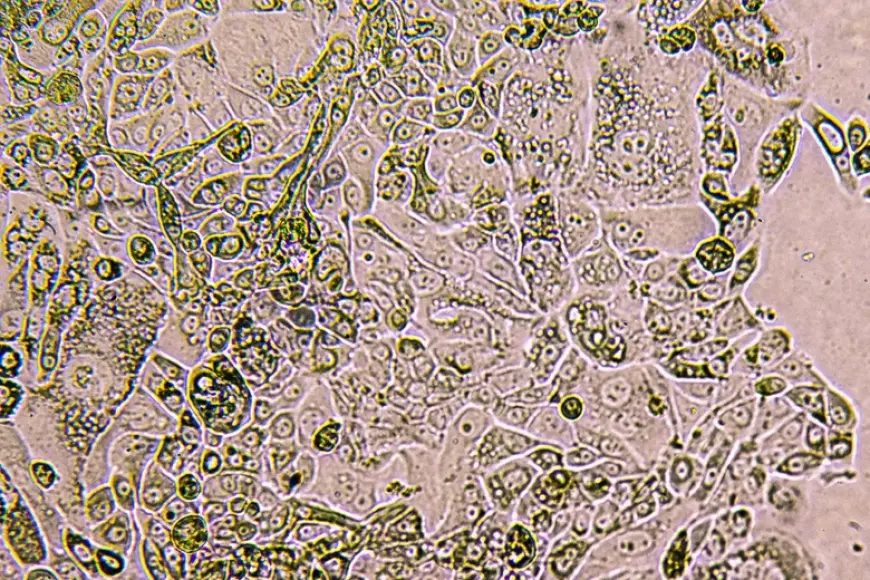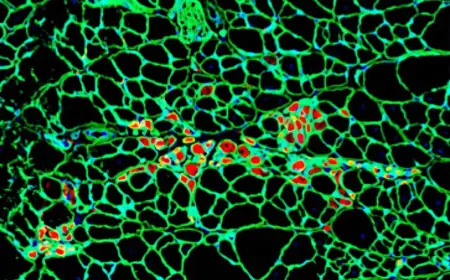American Scientists Synthesized a Substance That Destroys Cancer Cells
A compound derived from the toxic fungus Aspergillus flavus showed effectiveness against blood cancer

Researchers at the University of Pennsylvania synthesized a new chemical compound capable of effectively destroying cancer cells. The substance was obtained based on the toxic fungus Aspergillus flavus, previously linked to fatal cases during the excavation of ancient tombs.
According to the university, a new class of molecules was isolated from the fungus, which were then modified and tested against blood cancer cells. The results were promising — the compound successfully blocked the development of tumor cells.
“After isolating molecules from Aspergillus flavus, we chemically modified them and tested them on blood cancer cells. The result is a promising compound that kills cancer,” the official statement reads.
What is known about the substance's action
Preliminary data suggest that the compound disrupts the process of tumor cell division. However, it was found to be ineffective against liver, lung, and breast cancer cells. This indicates the compound has a narrow target range, which may be useful for targeted therapy.
Next steps
Scientists plan to begin preclinical trials on animals. If successful, clinical trials involving humans will be initiated. Currently, this research is still in the early stages of development.
Context
Previously, Swedish scientists reported another promising approach for treating an aggressive form of skin cancer—melanoma. Studies showed that malignant melanoma cells excessively activate mitochondrial processes. Blocking these processes with existing drugs allowed the destruction of tumor cells without harming healthy tissues.



























